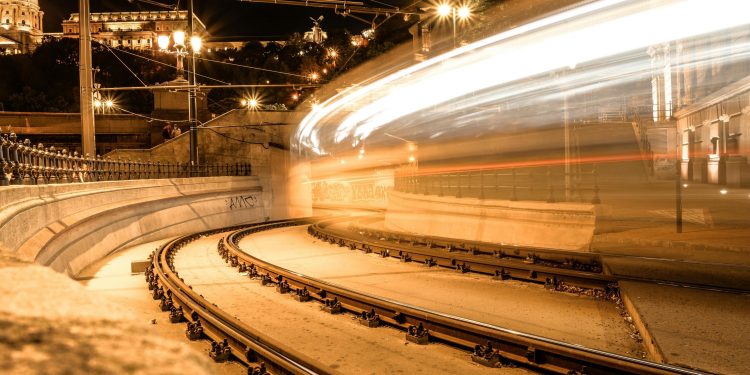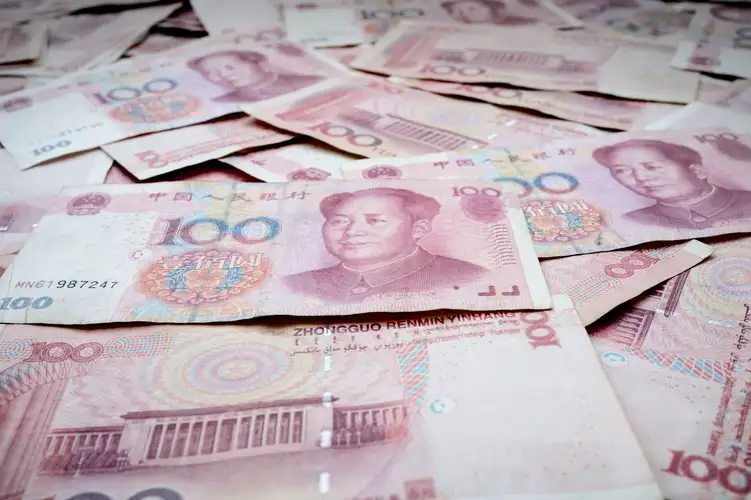Imagine zipping across the country in the blink of an eye, seamlessly connected from one city to another in a matter of minutes. Sounds like a scene from a futuristic sci-fi movie, doesn’t it? Well, that’s exactly what China has achieved with its extensive high-speed train network. Yet, the United States, despite being a global economic powerhouse, has struggled to replicate this success. One major hurdle preventing the US from building fast train rails like the Chinese is the issue of private property.
The Chinese government, with its ability to execute large-scale projects quickly and efficiently, has managed to construct a sprawling web of high-speed railways, connecting major cities and remote regions alike. This feat has revolutionized transportation in China and has had a significant impact on its economy. But why has the US been unable to follow suit?
The Challenge of Private Property
Private property rights, deeply ingrained in American society, present a significant challenge when it comes to infrastructure development. While the Chinese government can expropriate land for public projects with relative ease, the US legal system emphasizes the protection of individual property rights.
Building a high-speed train network requires acquiring vast amounts of land, often cutting through privately owned properties. In China, this process is expedited as the government compensates landowners and evicts them if necessary. However, in the US, such an approach would be met with considerable legal and social resistance.
American property owners have extensive legal rights, making it incredibly difficult for the government to forcibly acquire land without facing lengthy legal battles and compensation negotiations. This creates delays and drives up costs, making large-scale infrastructure projects less feasible.
Political and Financial Considerations
In addition to legal hurdles, building a fast train network in the US faces significant political and financial challenges. The decentralized nature of the American government means that decision-making power is spread across multiple levels, including federal, state, and local authorities. Coordinating and obtaining the necessary approvals from all these entities adds layers of bureaucracy and can lead to project stagnation.
Moreover, funding such ambitious projects in the US is a complex task. Unlike China, which has a centrally planned economy, the US relies on private investment and financing to support infrastructure development. Convincing private investors to commit to multi-billion dollar railway projects, which may take years to complete and yield uncertain returns, poses a considerable financial risk.
Cost-Effectiveness and Scale
Another factor that hampers the US in building a fast train network like China is the sheer scale of the endeavor. China’s vast population and densely populated cities provide a large customer base for its high-speed rail system, ensuring high ridership and revenue. In contrast, the US has a lower population density and greater geographic expanse, making it more challenging to achieve the necessary ridership levels to make such projects financially viable.
Moreover, high-speed rail projects are expensive. Building the necessary infrastructure, acquiring and developing the land, and maintaining the system require substantial investments. With limited public funds and a constant need to prioritize spending across various sectors, the US often struggles to allocate sufficient resources to large-scale railway projects.
While China has proven that it is possible to build a vast network of fast train rails, the US faces several significant obstacles, particularly regarding private property rights, political and financial considerations, and the scale of the undertaking. While there have been recent initiatives to develop high-speed rail in the US, progress has been slow. It remains to be seen whether the US can overcome these challenges and create a high-speed rail system that rivals that of China.






















